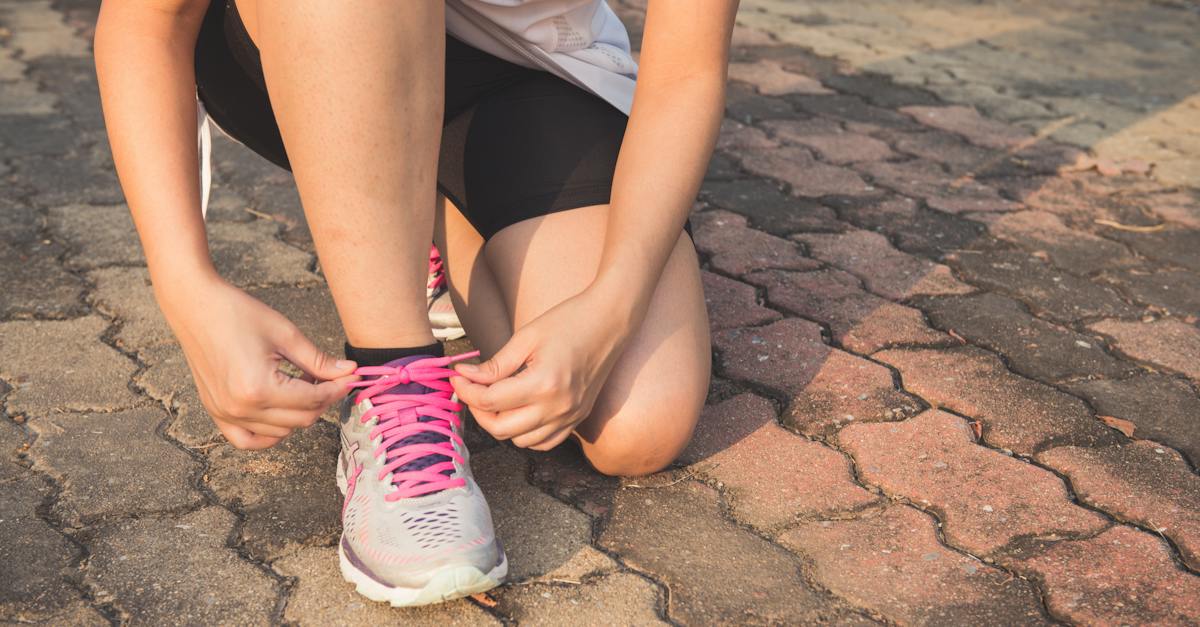Key Takeaways
- Exercising in the park can improve sleep quality by providing fresh air, a natural setting, variety in workouts, a sense of community, and sunlight exposure.
- Physical activity, including park fitness, positively affects sleep by promoting the production of sleep-regulating hormones and reducing anxiety and depression symptoms.
- Stay hydrated, wear sunscreen, choose the right time, wear comfortable clothing, vary your routine, listen to your body, connect with nature, and engage with others when exercising in the park.
- Outdoor workouts offer benefits such as boosting mood, promoting relaxation, regulating circadian rhythm with natural light exposure, and enhancing sleep quality.

Benefits of Park Fitness
When it comes to improving sleep quality, engaging in park fitness activities can be a game-changer.
Here’s why working out in the park can benefit us:
- Fresh Air: Exercising outdoors exposes us to fresh air, boosting oxygen levels and enhancing our mood.
- Natural Setting: Being surrounded by nature during our workout can reduce stress levels and increase overall well-being.
- Variety: From jogging trails to open fields, parks offer a wide range of workout options, keeping our fitness routine interesting and effective.
- Community: Exercising in a park can create a sense of community and belonging, motivating us to stay active.
- Sunlight Exposure: Sunlight helps regulate our sleep-wake cycle, improving our sleep quality.
Incorporating park fitness into our routine can lead to better sleep and a healthier lifestyle.
For more information on the benefits of outdoor exercise, check out this Harvard Health Publishing article.
And, to explore the impact of nature on sleep quality, visit the National Sleep Foundation’s website.
Connection Between Exercise and Sleep Quality
When we engage in physical activity, whether it’s a brisk walk or a workout routine at the park, it can have a positive impact on our sleep quality. Exercise promotes the production of hormones like melatonin, which regulates our sleep-wake cycle. Also, it helps reduce symptoms of anxiety and depression, common culprits of sleep disturbances.
Research shows that regular exercise can improve sleep duration and quality. By incorporating park fitness into our routine, we not only benefit from the physical activity but also promote better sleep patterns. So, next time you’re struggling to get a good night’s rest, consider heading to the park for a workout session.
If you want to investigate deeper into how exercise affects sleep, check out this insightful article from Harvard Health Publishing.

Tips for Exercising in the Park
When exercising in the park, it’s essential to stay hydrated and wear sunscreen to protect your skin. Here are some tips for making the most of your park workouts:
- Choose the right time: Early mornings or late afternoons can be great for avoiding extreme heat.
- Wear comfortable clothing and supportive shoes to prevent injuries.
- Mix up your routine: Try different exercises like jogging, yoga, or bodyweight workouts to keep things interesting.
- Listen to your body: If you feel pain, stop and rest.
- Connect with nature: Enjoy the fresh air and green surroundings.
- Engage with others: Join a fitness group or invite friends to join you.
For more tips on outdoor workouts, check out this article from healthline.com.
Importance of Outdoor Workouts
When we talk about the importance of outdoor workouts, fresh air plays a significant role. Exercising in the park allows us to breathe in clean, fresh air, which can boost our mood and overall well-being. The natural surroundings can provide a sense of calm and relaxation, making our workout more enjoyable.
Also, outdoor workouts expose us to natural light, which can help regulate our circadian rhythm. This exposure to natural light can aid in improving our sleep patterns by signaling to our body when it’s time to rest. Also, the vitamin D we get from sunlight can contribute to better sleep quality.
For more insights on the benefits of outdoor exercise, check out this article on webmd.com and discover how outdoor activity can positively impact our overall health and well-being.


